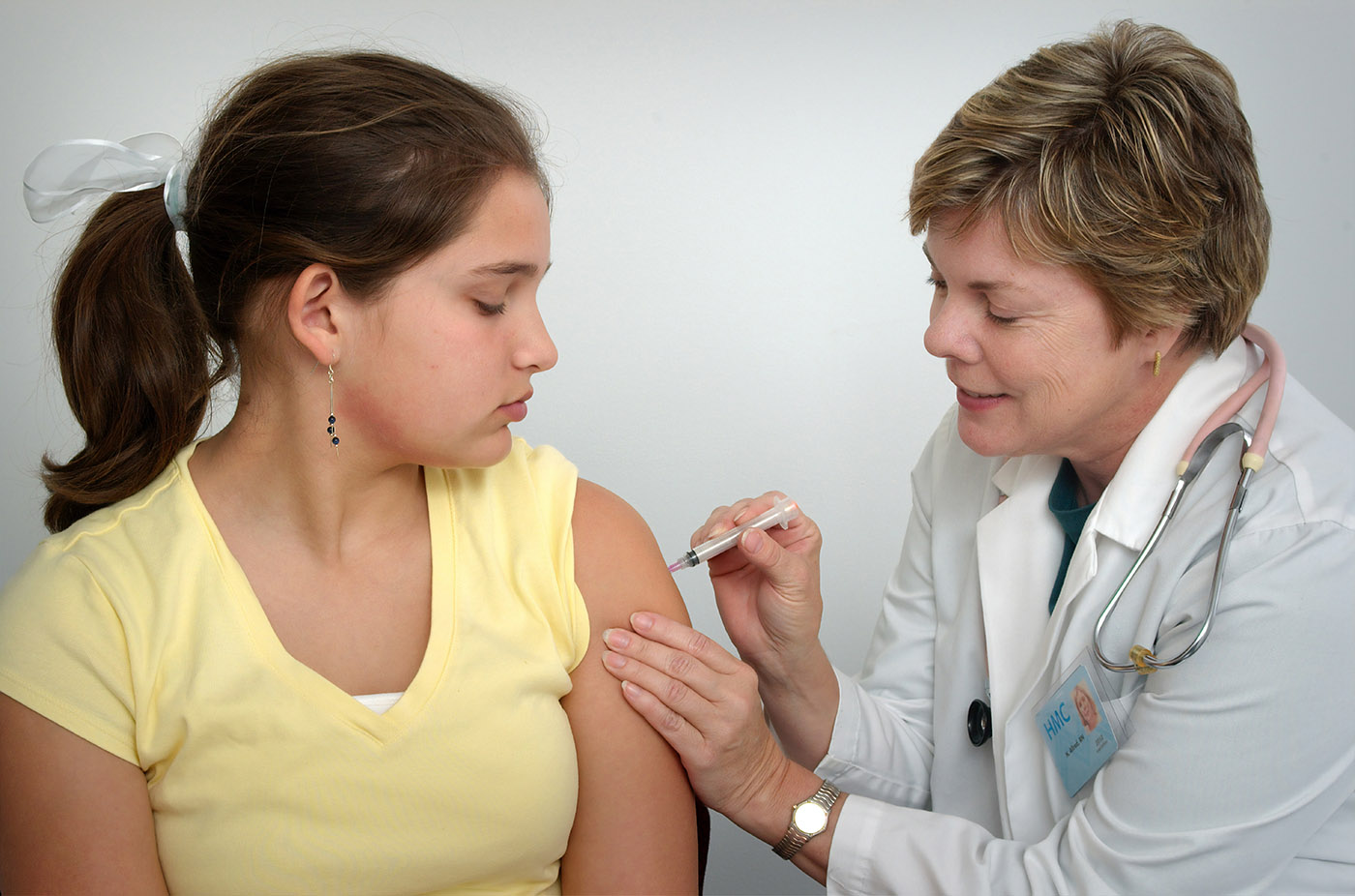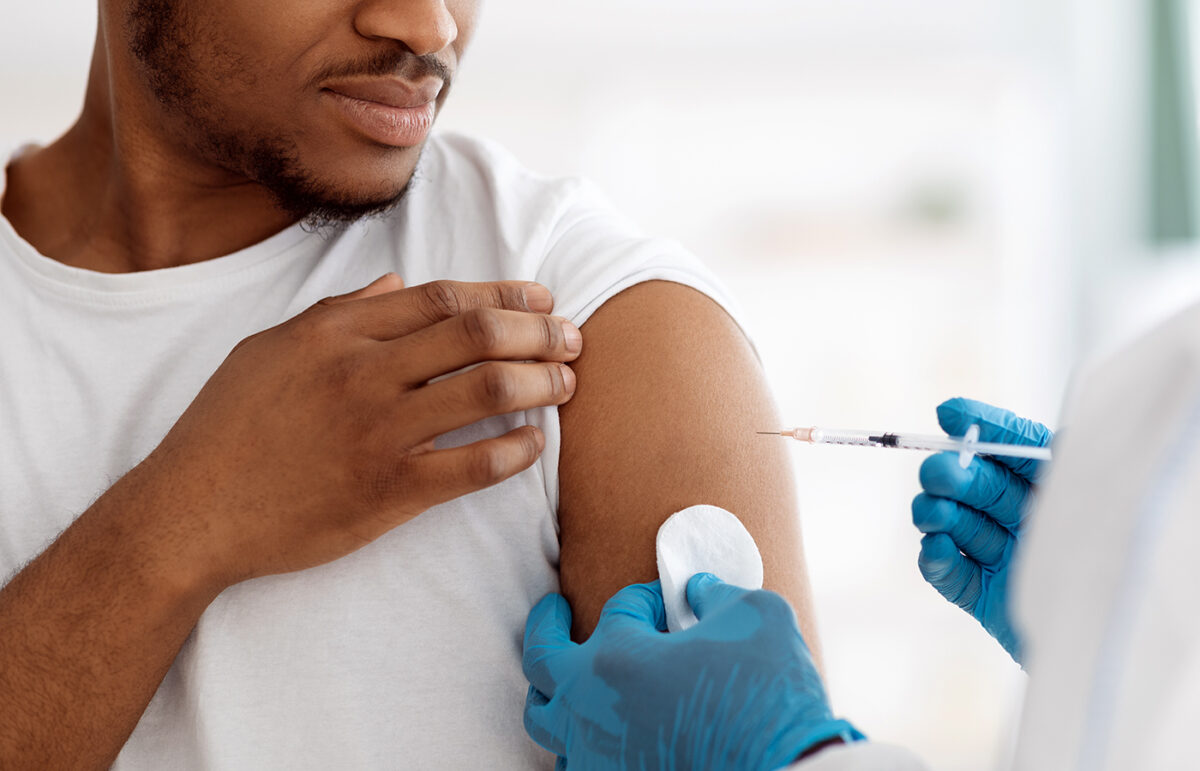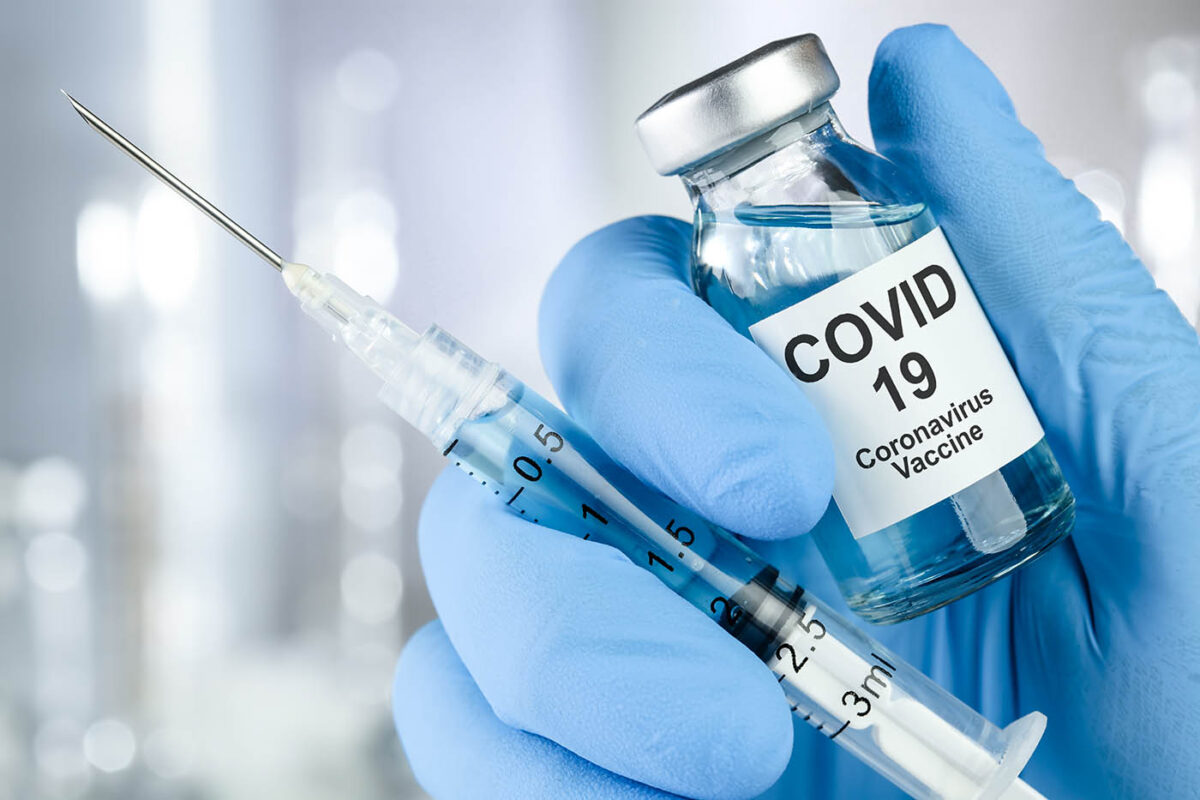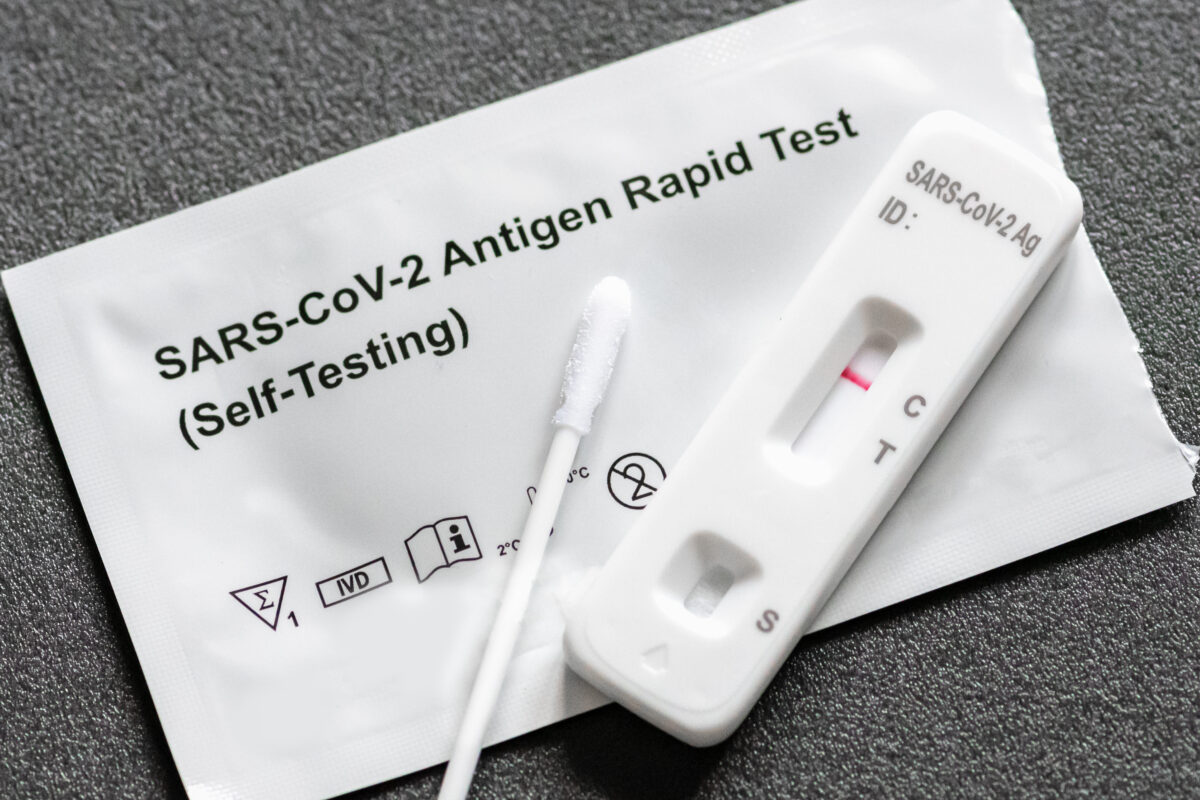
Author
Jennifer Wessel, JD, MPH
Senior Policy Analyst and Data Privacy Officer
501-526-2244
JBWessel@achi.net
(Updated May 10, 2021)
The U.S. Food and Drug Administration expanded emergency use authorization today (May 10) for the Pfizer COVID-19 vaccine — previously limited to people age 16 and older — to include adolescents 12–15 years of age. A recent poll found that nearly a quarter of U.S. parents with children ages 12‒15 say they definitely will not get their children vaccinated for COVID-19, but some adolescents whose parents are vaccine-hesitant may wish to get vaccinated despite their parents’ resistance.
So, can minors get the COVID-19 vaccine without permission from their parents or guardians? Obtaining consent to provide health care to minors is a matter of state law. Generally, for a minor to receive healthcare services, a parent or legal guardian must give consent. In Arkansas, a person who is under 18 years of age is considered a minor and needs consent from a parent or guardian to receive medical treatment. Minor consent laws in most states, including Arkansas, include some exceptions, however.
The laws and exceptions vary by state, but the exceptions typically are based on two things: the status of the minor (e.g., emancipated) or the type of healthcare service (e.g., screening and treatment of sexually transmitted diseases).
In Arkansas, a minor may provide independent consent for medical treatment or procedures under any of the following circumstances:
- The minor is married, emancipated, or incarcerated.
- The service being sought is in connection with pregnancy or childbirth.
- The minor is of sufficient intelligence to understand and appreciate the consequences (also known as the mature minor doctrine).
- The service includes screening for and treatment of sexually transmitted diseases.
States that have adopted the mature minor doctrine, either by common law or statute, recognize that there is not a bright-line age of majority to consent (or withhold consent) to medical treatment in all circumstances. There are 18 states that allow minors to consent to healthcare services. In Arkansas, the provider evaluates the intelligence and understanding of the minor and the minor’s ability to consent. Tennessee uses the “Rule of Sevens” to establish capacity to consent by age groups. Minors age 14 or older have consent authority in Alabama with no separate evaluation of maturity. In the District of Columbia, minors as young as 11 years old may be able to provide independent consent to vaccinations.
The mature minor doctrine received some attention during the measles outbreaks of 2019. As a result, the American Medical Association voted to support state policies that allow minors to override their parent’s refusal to give consent for vaccinations.
As of May 5, the Centers for Disease Control and Prevention (CDC) reported 1.5% of the U.S. population under age 18 having received one dose of the vaccine and 0.7% being fully vaccinated. According to data from the U.S. Census Bureau’s Household Pulse Survey, COVID-19 vaccine hesitancy — meaning an individual would probably or definitely not receive a COVID-19 vaccine — ranged from 19–24% among counties in Arkansas.






